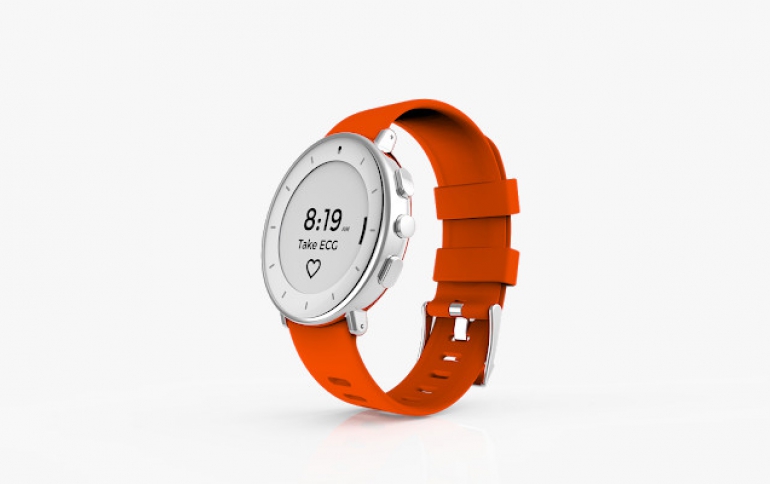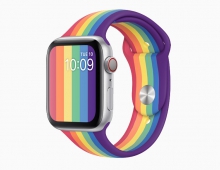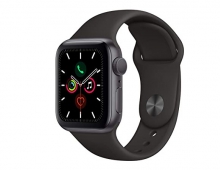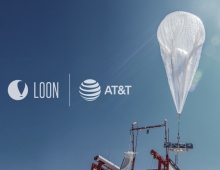
Alphabet's Verily Study Watch Receives FDA Clearance for ECG
Alphabet’s health division, Verily, has received FDA 510(k) clearance for its Study smart watch for an “on-demand ECG feature.”
In April of 2017, Verily launched Verily Study Watch, an investigational device for capturing health information from clinical research participants while serving as a watch for daily wear. Since then, Study Watch has been used by thousands of participants in clinical research studies run by Verily and through the company's partners, such as the Project Baseline study, Aurora study, Personalized Parkinson’s Project study, and Parkinson’s Progression Markers Initiative. Biosensing through devices like Study Watch and other mobile health tools is an important new approach to understanding what happens in the body at any given moment in time, and can provide insights into how our bodies stay healthy or change and adapt with disease. With built-in biometric, environmental and movement sensors, Study Watch can contribute to research efforts broadly. One area of focus for Study Watch has been cardiovascular health. The good news is there are well-understood signals that can indicate heart disease and the risk of a future event. The electrocardiogram, or ECG, is a measurement of the electrical activity of the heart and is useful in diagnosing a myriad of heart conditions.
Verily Study Watch has received 510(k) clearance from the U.S. Food and Drug Administration (FDA) as a Class II medical device for its on-demand ECG feature. Specifically, the FDA-cleared Study Watch is a prescription-only device intended to record, store, transfer and display single-channel ECG rhythms, and is indicated for use by healthcare professionals, adult patients with known or suspected heart conditions and health conscious individuals. The ability to take an on-demand, single-lead ECG, can support both population-based research and an individual’s clinical care.
Through Verily's current research, including longitudinal studies like Project Baseline, the company is working to collect and organize many types of health data, from biometric data like ECG to genomic and proteomic data to traditional clinical data, such as electronic health records and medical images. "This work may ultimately give us insights into the utility of integrating mobile health data into the clinical care environment, and how these data can support the physician-patient relationship," Verily says.
You can probably expect many more devices to get FDA clearing in the coming months and years.





















